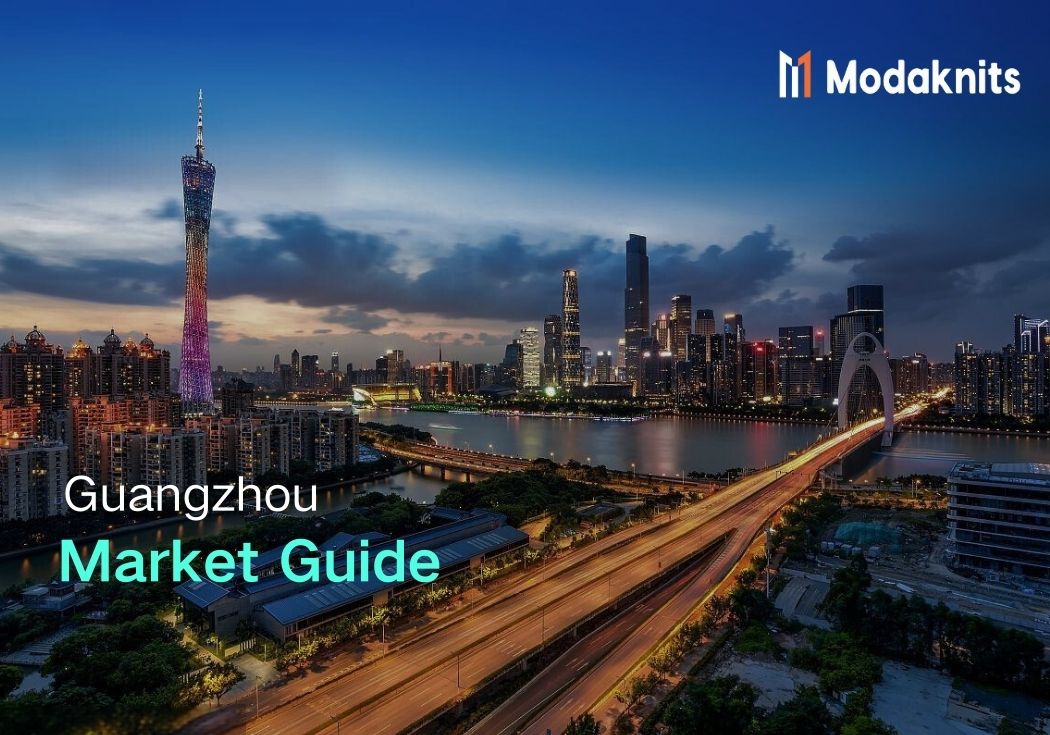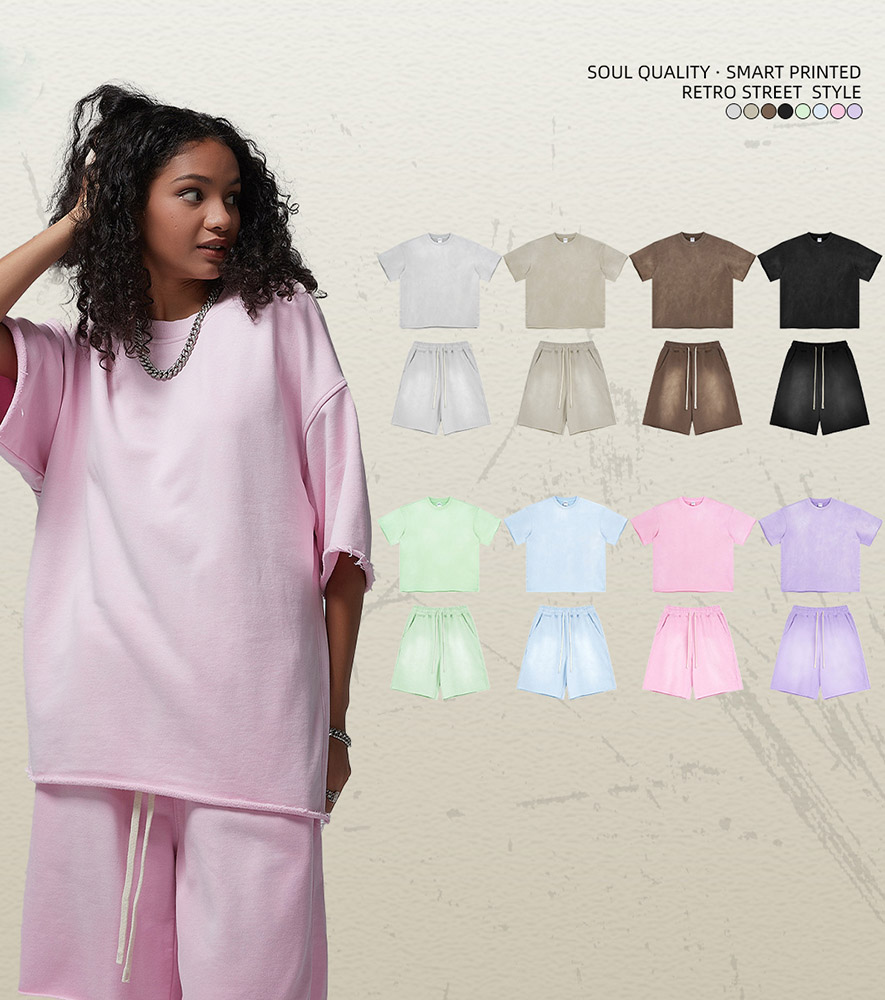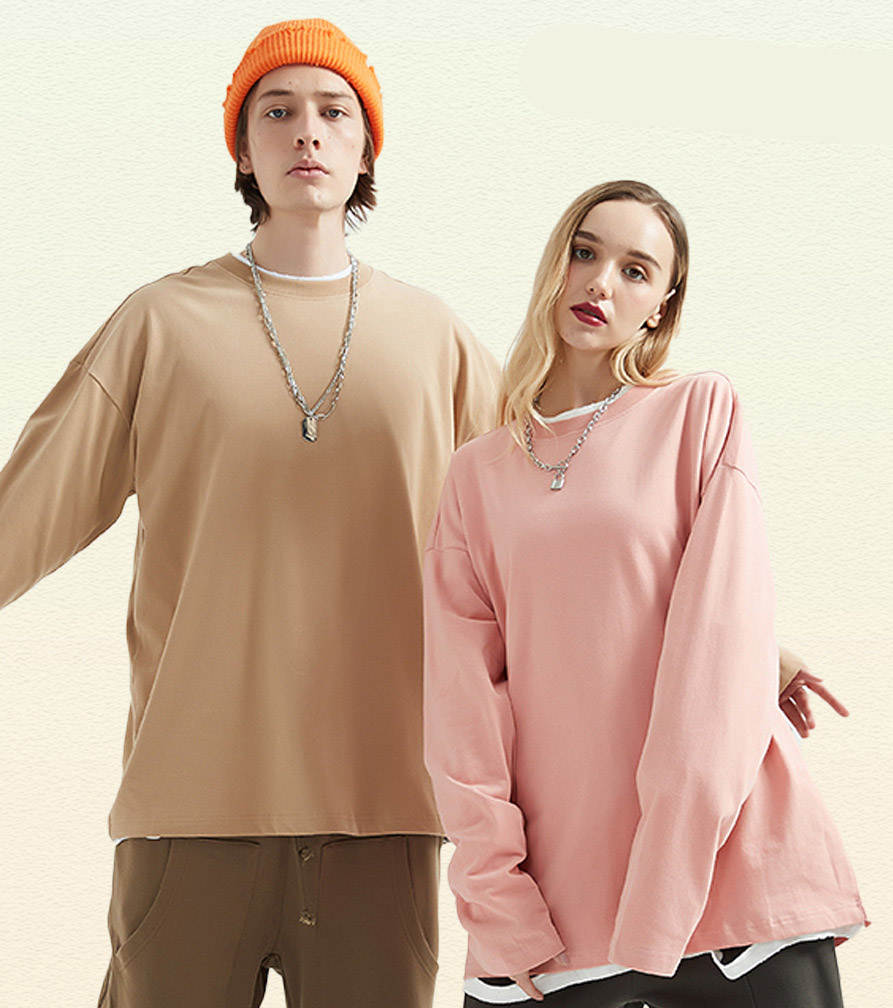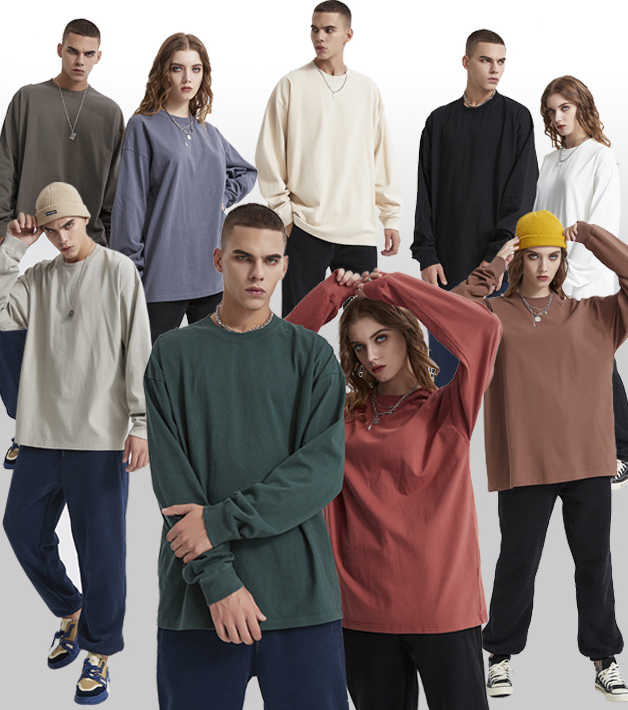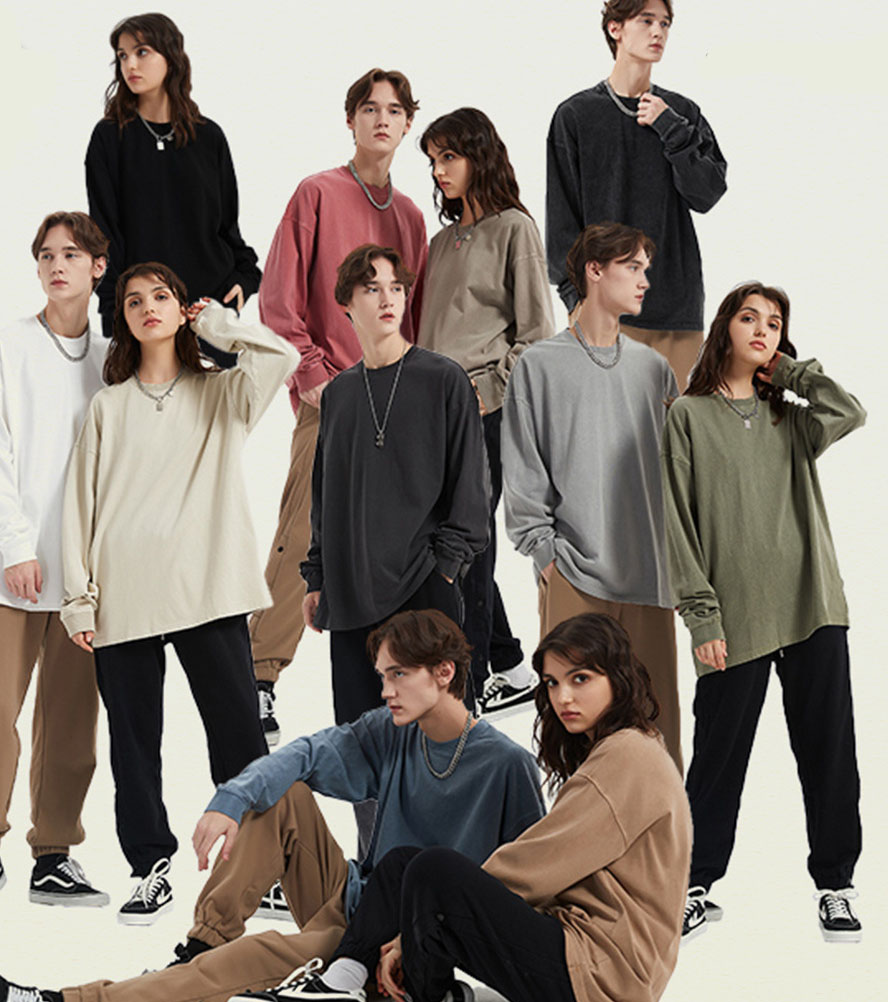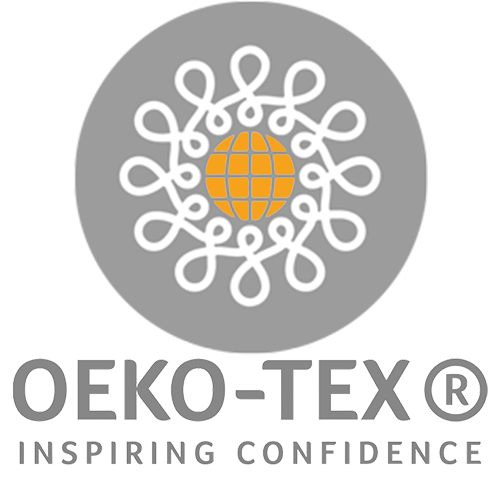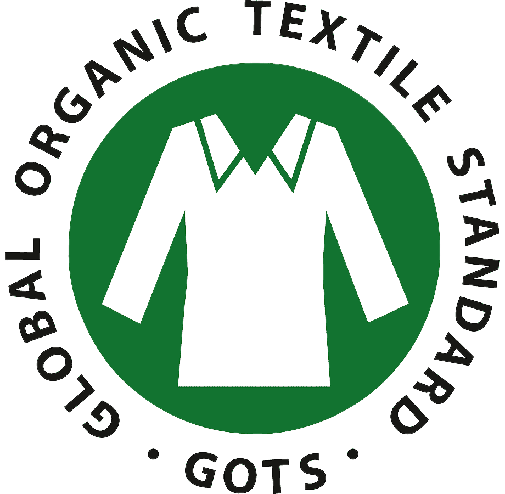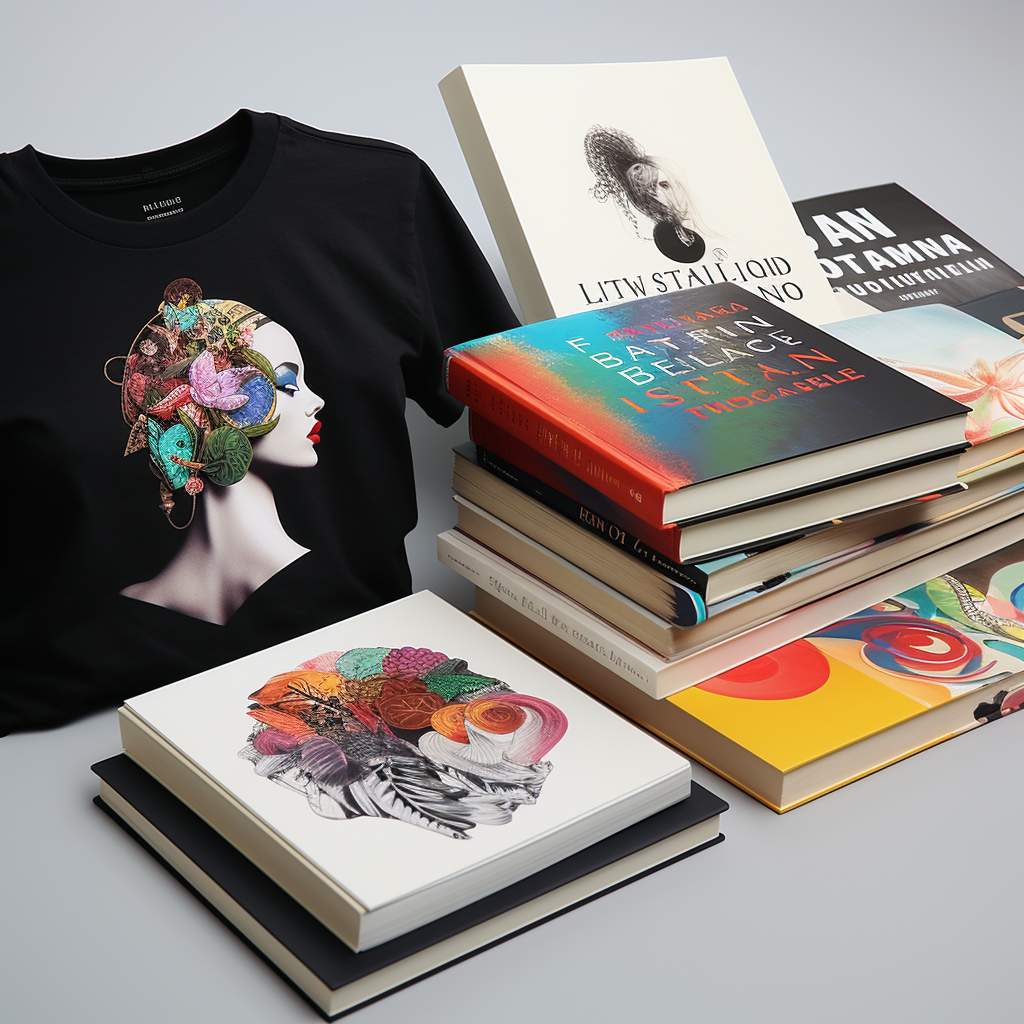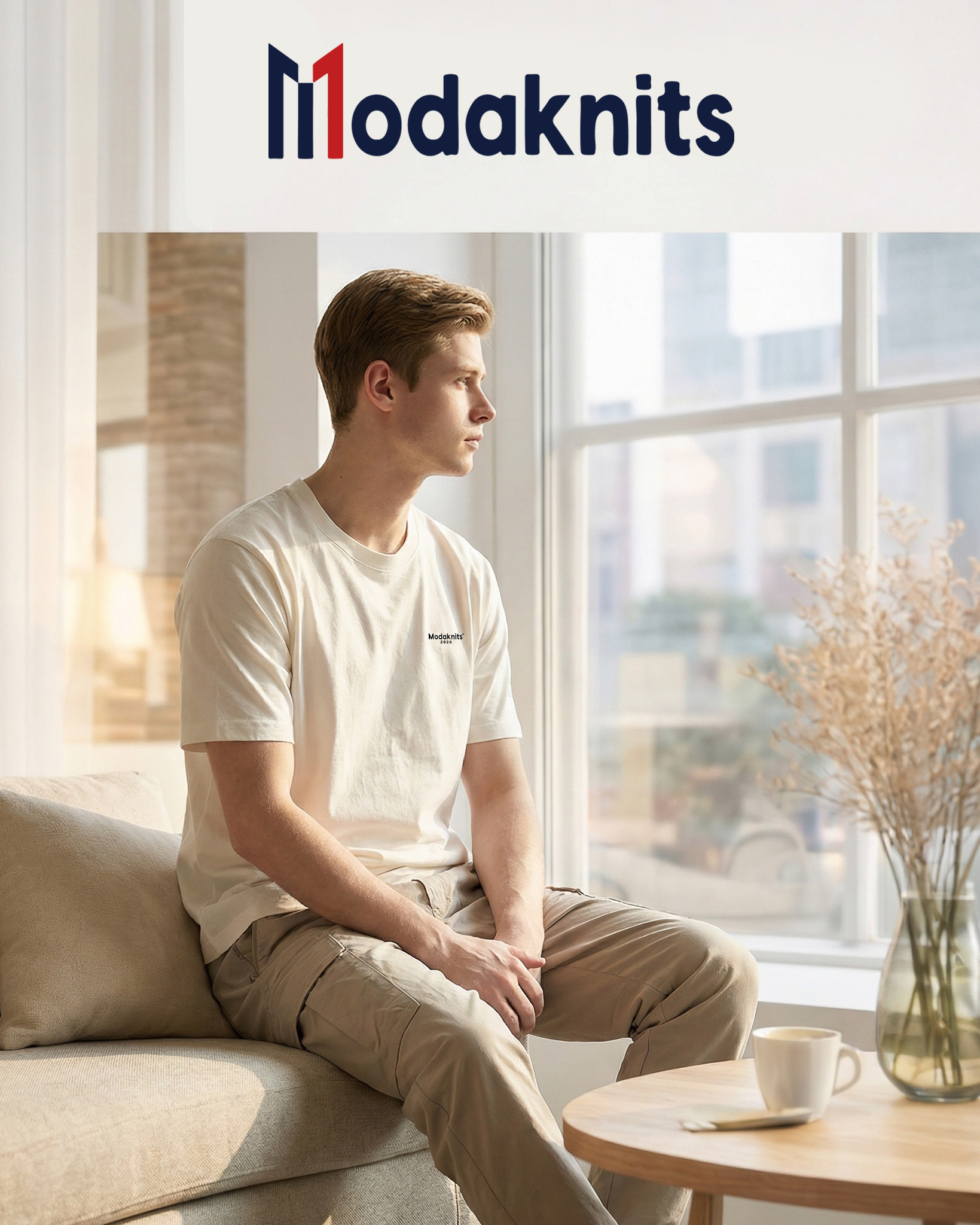Europe is home to some of the most influential athletic brands in the world. These brands are known for innovation, quality, and their impact on both sports and fashion.
Adidas, Puma, and Decathlon are the top athletic brands in Europe, leading in sportswear, footwear, and performance gear. Other notable brands include Reebok, Salomon, and Umbro, each specializing in different sports and markets.
These brands have shaped the global sportswear industry. Let’s explore what makes them stand out.
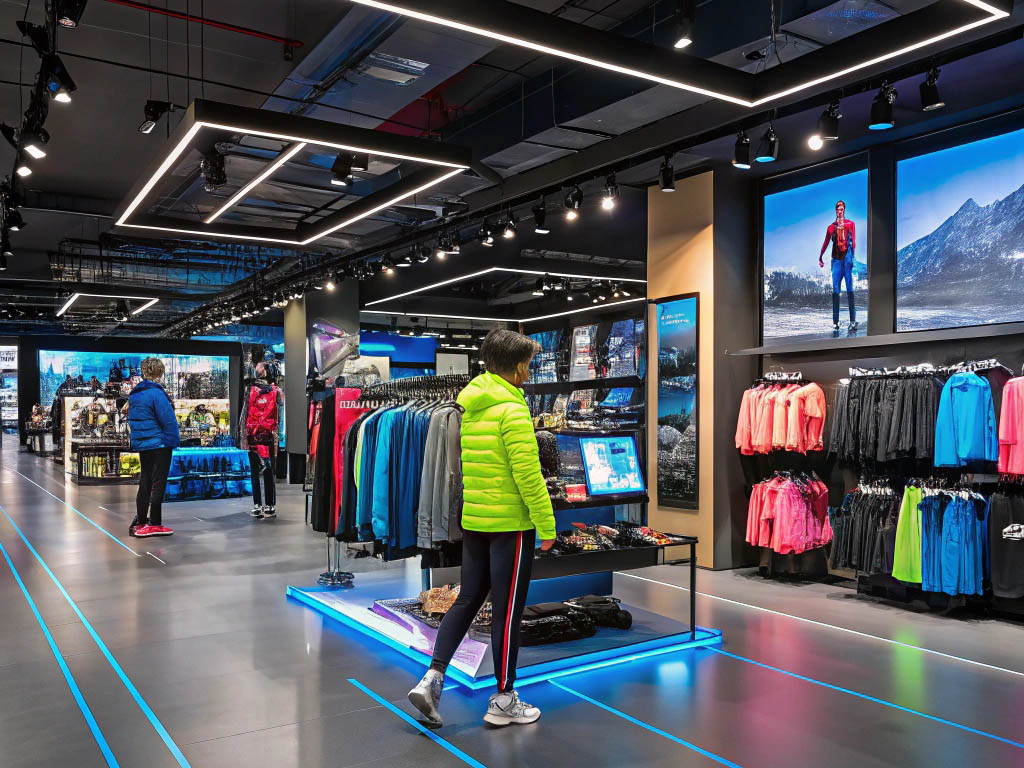
Why is Adidas the leading athletic brand in Europe?
Adidas is the largest sportswear brand in Europe and the second-largest worldwide after Nike. It dominates the market with high-performance gear, stylish collaborations, and sustainability efforts1.
Founded in 1949 in Germany, Adidas is known for its cutting-edge footwear technology2, global sponsorships, and strong brand identity.
Innovation and Performance
Adidas continuously pushes the limits of sports technology.
| Innovation | Impact |
|---|---|
| Boost technology | Superior cushioning for running shoes |
| Primeknit | Lightweight, breathable shoe uppers |
| Futurecraft 4D | 3D-printed midsoles for customized support |
Strong Sponsorships
Adidas partners with top athletes and teams, including Lionel Messi, Mohamed Salah, and the German national football team. These endorsements strengthen its brand credibility.
Sustainability Leadership
Adidas is at the forefront of sustainable sportswear, using recycled ocean plastics and aiming for climate neutrality by 2050.
How does Puma compete with Adidas in Europe?
Puma, another German powerhouse, is a strong competitor to Adidas, blending sportswear with fashion.
Founded in 1948 by Rudolf Dassler, Puma has grown into a top athletic brand by focusing on performance gear and trendy sportswear.

Key Strengths
Puma successfully merges athletic performance with streetwear aesthetics.
| Strength | Example |
|---|---|
| Fashion collaborations | Puma x Rihanna (Fenty), Puma x Balmain |
| Performance footwear | Running, football, and basketball shoes |
| Athlete sponsorships | Neymar, Usain Bolt |
Puma’s ability to balance sports and lifestyle fashion gives it a unique market position.
What makes Decathlon a dominant force in European sportswear?
Decathlon is Europe’s largest retailer of affordable athletic gear3, making sports accessible to all.
Founded in 1976 in France, Decathlon offers budget-friendly, high-quality sportswear and equipment for over 80 different sports.
Affordable Innovation
Decathlon produces in-house brands like Quechua (hiking), Kipsta (football), and Domyos (fitness), keeping prices low while maintaining quality.
| Decathlon Brand | Sport Focus |
|---|---|
| Quechua | Hiking & trekking |
| Kipsta | Football |
| Domyos | Fitness & yoga |
Decathlon’s strength lies in its wide variety of products and competitive pricing, making it a go-to brand for amateur athletes.
Which other European athletic brands are worth mentioning?
Several other brands contribute to Europe’s athletic industry with specialized sportswear.
Reebok: Performance and Lifestyle
Originally a British brand, now owned by ABG, Reebok focuses on fitness, running, and CrossFit.
- Known for innovative training shoes
- Strong presence in gym and fitness communities
- Expanding into casual streetwear

Salomon: Outdoor and Trail Running
A French brand specializing in outdoor sportswear, Salomon is famous for:
- High-performance trail running shoes
- Skiing and hiking gear
- Advanced waterproof and breathable materials
Umbro: Football Heritage
Originally from the UK, Umbro is known for its football gear and retro sportswear.
- Classic football jerseys and cleats
- Strong partnerships with local football clubs
- Focus on affordable team sports apparel
How do European athletic brands compare to global competitors?
European brands like Adidas and Puma are strong globally, but they face competition from American and Asian brands.
Nike leads the global sportswear market, while brands like Lululemon and Asics dominate in specific niches like yoga and running.
| Region | Top Brands | Strengths |
|---|---|---|
| Europe | Adidas, Puma, Decathlon | Performance, sustainability, affordability |
| USA | Nike, Under Armour, Lululemon | Innovation, marketing, premium quality |
| Asia | Asics, Li-Ning, Mizuno | Running expertise, affordable sportswear |
Despite competition, European brands maintain a strong presence due to their history, innovation, and sustainability efforts.
What trends will shape the future of European athletic brands?
The future of the European athletic industry will be influenced by digital transformation, sustainability, and direct-to-consumer sales.
Brands are investing in eco-friendly materials, AI-driven designs, and advanced online shopping experiences.
- Sustainability Focus: Adidas and Puma are increasing recycled materials in their products.
- Digital Expansion: AI-powered shopping and NFT-based digital wearables.
- Customization: Personalized sportswear using 3D printing and advanced fitting technology.
Conclusion
Europe is home to some of the world’s leading athletic brands, with Adidas, Puma, and Decathlon leading the industry. Other brands like Reebok, Salomon, and Umbro contribute to Europe’s diverse sportswear market. With a focus on innovation and sustainability, these brands are set to remain competitive on a global scale.
-
Explore how leading brands are innovating for a sustainable future in sportswear, which is crucial for eco-conscious consumers. ↩
-
Discover the newest technologies in athletic footwear that enhance performance and comfort, essential for athletes and enthusiasts alike. ↩
-
Learn about Decathlon’s unique approach to making sports accessible through budget-friendly options, perfect for amateur athletes. ↩


